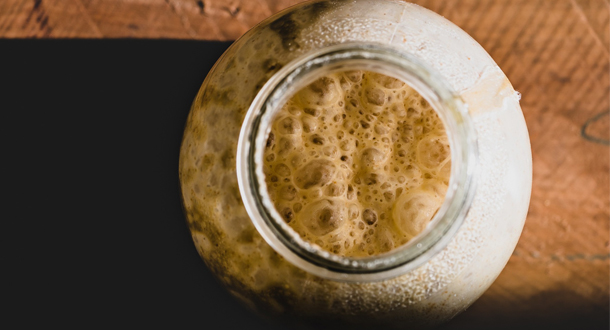
Scripture:
Ephesians 5:21-33
Luke 13:18-21
Reflection:
Jesus said “What is the Kingdom of God like?”
What a wonderful question! How often do we take the time to ponder what the Kingdom of God is like? Today’s reading is an opportunity to imagine into a future not dictated by the front-page headlines or our current political leaders, but by who and what God calls us to be, both individually and collectively.
Walter Brueggemann writes in The Prophetic Imagination,
The prophet engages in futuring fantasy. The prophet does not ask if the vision can be implemented, for questions of implementation are of no consequence until the vision can be imagined…Our culture is competent to implement almost anything and to imagine almost nothing….[E]very totalitarian regime is frightened of the artist. It is the vocation of the prophet to keep alive the ministry of imagination, to keep on conjuring and proposing futures alternative to the single one the king wants to urge as the only thinkable one.
And this is exactly what Jesus is modeling for us today: a ministry of imagination, conjuring images that will open us into what we already are in God’s eyes, and propel us toward that which together we are called by God to be: the Kingdom of God.
It’s hard to miss that both images that Jesus “conjures” are transformative processes, grounded in mystery. We may have observed a seed growing or maybe even studied the scientific process of a seed growing into a bush. We may have experienced baking bread or even analyzed the chemical reaction which occurs in the process of adding yeast to flour and water. But we really do not know how the generative mechanism actually works. The mystery of becoming precisely what God has intended from the first moment of existence—whether for a seed or a human being–is God’s alone.
And then there is the surrender. There is a surrendering to the process of becoming that a mustard seed fulfills so effortlessly. There is a surrendering to its purpose that the yeast performs so gracefully, leavening the whole batch of dough. It is, perhaps, for a mustard seed or yeast organism, not really even a question of surrender but rather of a natural, inevitable fulfilling of its nature. Yet for us human beings, our lives can become a conscious practice of surrendering, of listening to the Spirit within us and among us, and surrendering to its movement and invitation.
I like to imagine that each of us can be yeast for the whole. There may be times when any one of us is tired or discouraged. Yet within the whole, when even some of us are listening for the Spirit and surrendering to its movement, the entire batch will continue to leaven. Together, we are part of an inevitable process of becoming what God has intended: the Kingdom of God. That seems to me something worth imagining into being.
Lissa Romell is the Administrator at St. Vincent Strambi Community in Chicago, Illinois.
